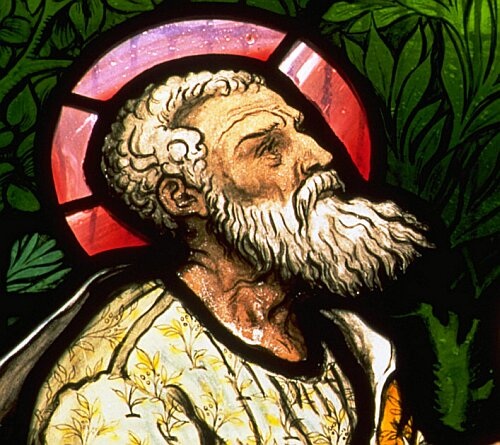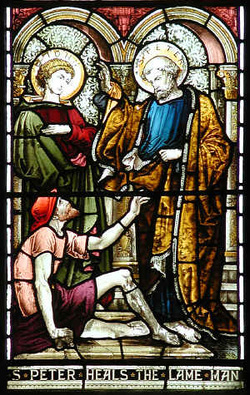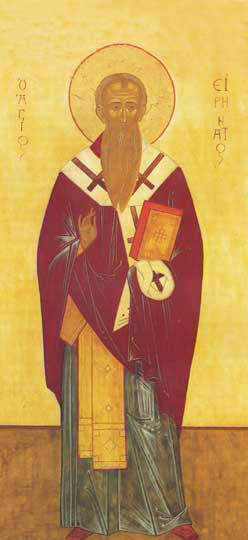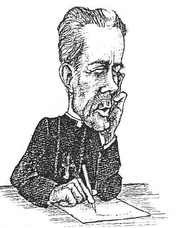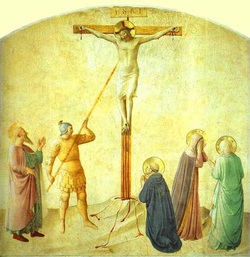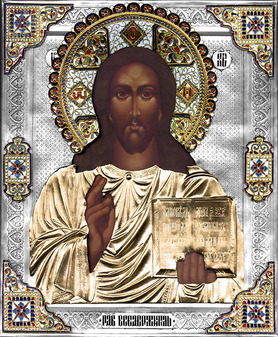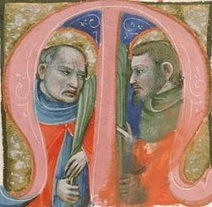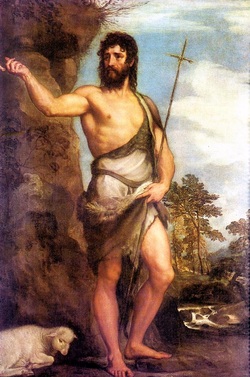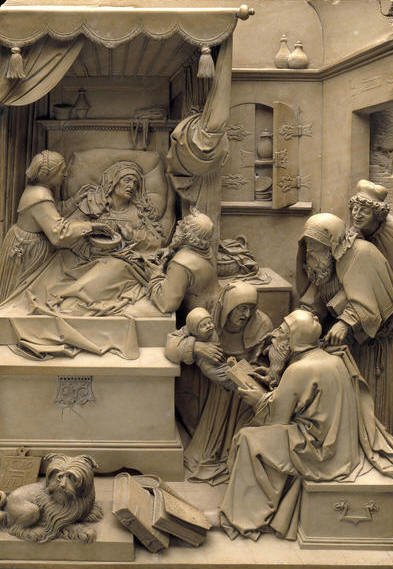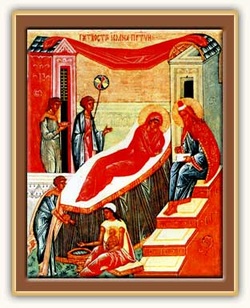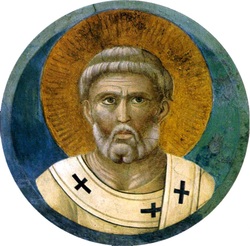
Sermon by St. John Chrysostom
It is as though he said: Let not your heart be troubled, even though I send you forth as sheep in the midst of wolves, and bid you be harmless as doves; for even if I would, I could not now make things otherwise. Even if I could make it so that ye should not have to bear anything grievous, or be at the mercy of the wolves as are other sheep, but on the contrary, could make you more dreadful to the lions than the lions to you, nevertheless I would not do it. For thus must it needs be: and yourselves it will make more glorious; and my power it will wholly shew forth. For thus was it that afterwards the same Lord said unto Paul: My grace is sufficient for thee, for my strength is made perfect in weakness. That is to say, It is I that have made you to be what ye are.
But let us look what wisdom it is which the Lord requireth. It is the wisdom of the serpent. The serpent draweth all the rest of his body after his head, and it is no matter to him if his body be cut through, so long as he keepeth his head unharmed. Thus, O Christian, is it with thee. It is no matter to thee that for thy Faith's sake thou shouldest lose all things else―money, or body, or, if need be, life itself. Thy Faith is thy head, and the root of thy being; hold fast to that, and, as long as thou hast that, although thou shouldest lose all things else, it will only be to receive them back again with interest an hundredfold. And thus it is that the Lord biddeth us, not to be single-hearted only, nor wise only, but both together, that therefrom we may be strong.
If thou wilt see how these words were brought to the proof in very deed, read the Book of the Acts of the Apostles. There thou wilt see how that oftentimes the Jewish people rose up against the Apostles, and gnashed on them with their teeth. But they, with dove-like guilelessness, gave them smooth answers, and turned away their wrath, and quenched their fury, and stopped their onset. When the Jews said: did not we straitly command you, that ye should not teach in this Name? although the Apostles could have worked any miracles they chose, yet they neither said nor did anything sharp, but answered them with all meekness: Whether it be right in the sight of God to hearken unto you more than unto God, judge ye. Here thou hast the harmlessness of doves; listen now to the wisdom of serpents: We cannot but speak the things which we have seen and heard.
